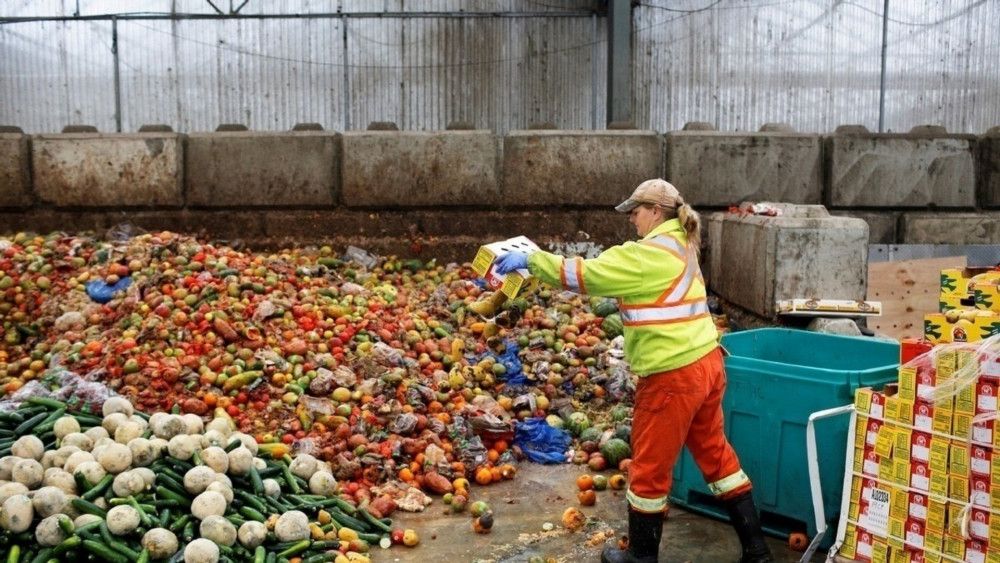Tuesday January 21, 2025
- ALL NEWS
- SMALL & MEDIUM ENTERPRISES (SME)
- INTERNATIONAL TRADE
-
REGIONS
-
NON-REGIONAL
Search

Environmental protection organizations and associations have been warning the international community for years now about the need for more responsible consumption in order to make better use of the resources we still have. As more people in France become aware of the problem, the government is being pressed to take action.
Global Waste Statistics in France
In 2019, 4.3 billion euros of non-food industrial products were not sold and were manufactured "for nothing", according to the French Agency for Ecological Transition (ADEME).
Clothing represents a third of the turnover of industrial waste, ahead of cultural goods like books and household equipment. Overproduction comes mainly from the renewal of clothing collections but also from the lack of sellers and end buyers, and small defects in the products. For those that can be recycled, some are destroyed by industrialists, while others are handed to charities or recycled.
With regard to food products, according to the ADEME, in France, food losses and waste represent around 10 million tons of products per year, for an estimated commercial value of 16 billion euros. This waste represents an unnecessary drain on natural resources, such as arable land and water, and greenhouse gas emissions that could be avoided. These are estimated at 3% of all national emissions.

Government Decision-Making
To remedy this situation and reverse the trend, an anti-waste law for a circular economy has been passed in 2020 and will come into force on January 1st, 2022. This law introduces a series of measures in favor of the fight against food waste. It has set a goal of reducing food waste by 50% in food distribution and catering by 2025, and by 50% in consumption, production, and processing by 2030, compared to 2015.
Companies are also now subjected to specific requirements. For example, wholesalers with an annual turnover of more than 50 million euros are now subject to non-destruction of unsold items and food donation responsibilities. Sanctions are also strengthened: violators risk a fine of up to 0.1% of their previous financial year's turnover if they destroy unsold food that is still edible. The amount of the fine will be proportionate to the severity of the facts observed (number and volume of products).
The rule also aims to improve stock management in order to reduce waste: use-by dates, minimum durability dates, and batch numbers must all be included in product codifications. This will enable for more efficient stock computer processing. Existing mobile applications such as Too Good To Go, Phoenix, HopHopFood, and others will promote government initiatives by assisting in the battle against food waste in their own unique ways. These applications will allow partner merchants to offer their unsold products at low prices rather than throwing them away.
Environmental organizations expect this awareness and knowledge to spread across Europe and the rest of the world, meaning stronger measures will emerge in the coming years.
Learn More with Exports News
Found this article interesting? Then check out the rest of our News Page for more!
No Comments
Add comment



We’re happy you are satisfied with Exports News. Please let us know if you need enything!
support@exportsnews.comWe’re sorry your experience was not satisfactory. Please let us know how we can improve your experience:
Please contact us with any questions or concerns: support@exportsnews.com


Your feedback has been received! If you have any other questions or concerns, please contact us at:


There aren't any comments yet. Be the first to comment!